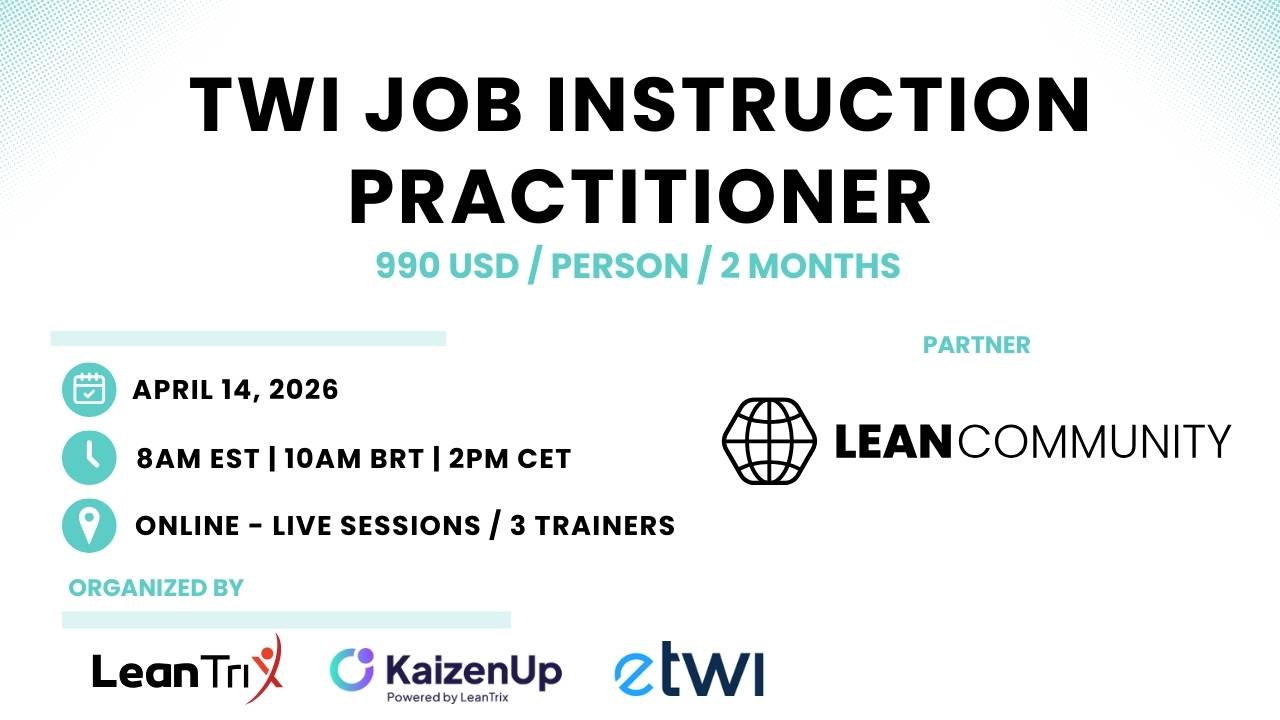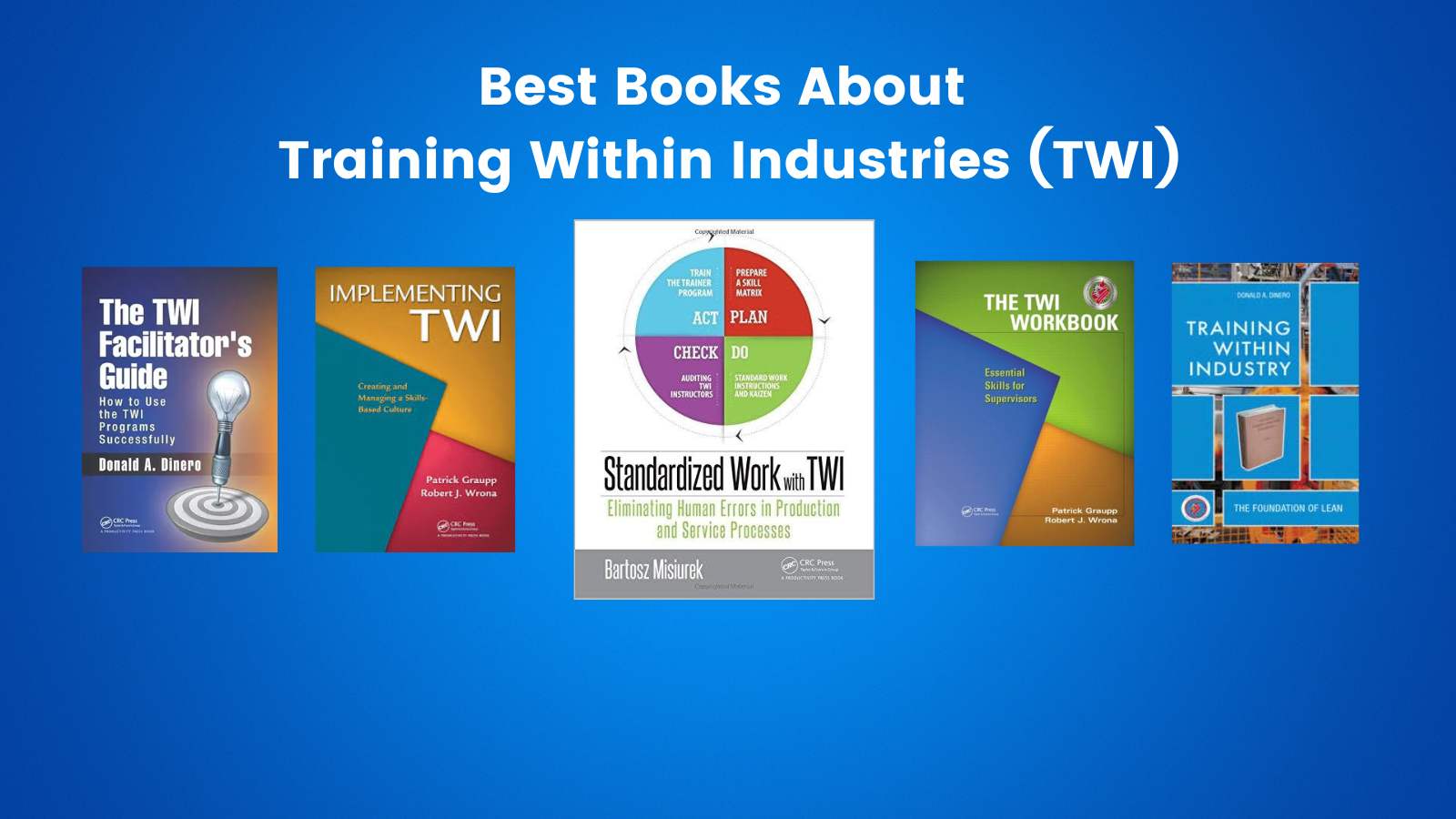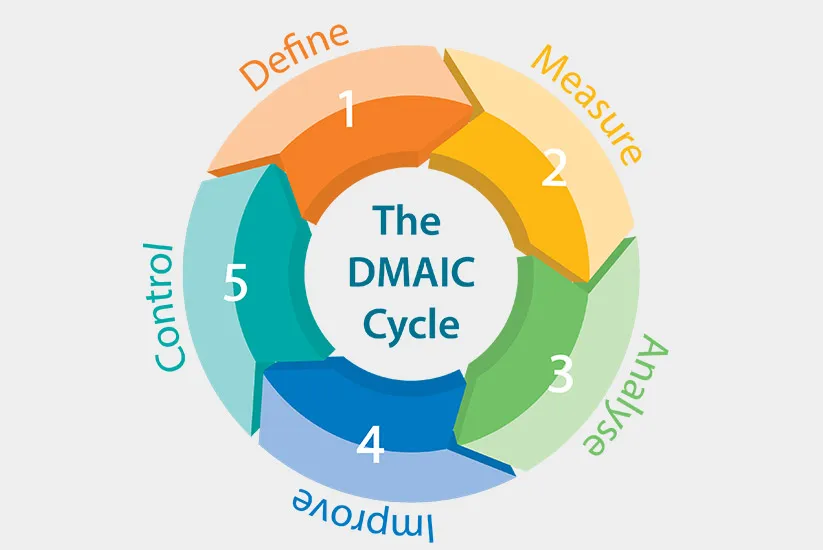Negotiation tips. When approaching contract negotiation with a stronger, bigger, and wealthier party, it’s important not to get unduly intimidated and consider a strategic approach. Here are some suggestions to help you navigate such a situation:
Table of Contents
ToggleDetermine your desired outcomes
Highlight your value proposition. Clearly define and communicate the unique value you bring to the negotiation table. Highlight your strengths, differentiators, and any leverage points you possess.
Identify areas of mutual interest
Thoroughly research about the other party to have a clear understanding of their resources, goals, needs, and priorities and customise your negotiation strategy accordingly.
Cultivate a positive and professional relationship
Determine your desired outcomes while keeping realistic expectations in mind. Identify what is essential for you and where you are willing to be flexible.
Anticipate objections and concerns
Identify areas of mutual interest or shared objectives that could lead to a win-win outcome. Focus on building a collaborative and constructive negotiation environment.
Seek innovative options
Cultivate a positive and professional relationship with the other party. Establishing rapport and trust can help create a more favorable negotiation atmosphere.
Consider consulting an expert professional if needed
Anticipate objections and concerns the other party may raise. Develop persuasive arguments and alternative solutions to address these issues effectively.
Stay confident and composed
Seek innovative options that benefit both parties. Think outside the box and propose alternatives that create value for both sides.
Determine your Best Alternative to a Negotiated Agreement (BATNA)
If the negotiation involves complex legal or financial matters, consider consulting an expert professional to ensure you have the necessary expertise and guidance. Stay confident and composed throughout the process. Projecting confidence can convey that you are a credible and serious negotiation partner.
Flexibility, adaptability, and mutual value creation are key
Determine your Best Alternative to a Negotiated Agreement (BATNA). This is your fallback option if the negotiation doesn’t reach a satisfactory outcome. Understanding your BATNA can increase your negotiation power.
Negotiation is a dynamic and iterative process. Flexibility, adaptability, and a focus on mutual value creation are key to achieving a successful outcome, even when dealing with a stronger, bigger, wealthier party.
In summary, when faced with negotiations involving a more formidable party, employing these strategies can empower you to approach the situation with confidence and a well-thought-out plan. By highlighting your value proposition, conducting thorough research, and fostering a positive relationship, you can create an environment conducive to productive discussions. Anticipating objections, seeking innovative solutions, and considering expert advice when necessary further enhance your negotiation skills. Lastly, maintaining composure and understanding your BATNA ensure you are well-prepared for the dynamic nature of negotiations, leading to mutually beneficial outcomes, even in challenging circumstances. Negotiation tips.
Close to 3 decades' experience in advising on M&A, Joint ventures, Private Equity, Venture Capital, Startups, Technology transfer, External Commercial Borrowings, Corporate / Commercial contracts, Due Diligence for acquisitions, Entry Strategy for international ventures, Corporate Structuring, Regulatory Approvals, Corporate / Commercial Advisory, Commercial litigation, IPR. Collaborating with law firms across the Globe for reciprocal business referrals on a non-exclusive basis under 'Global Business Lawyers' League (www.gbll.in).







